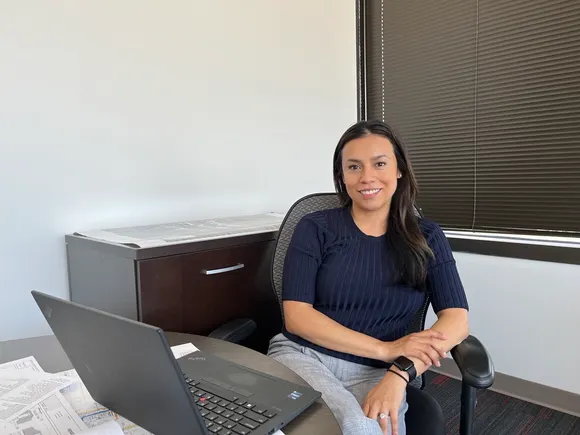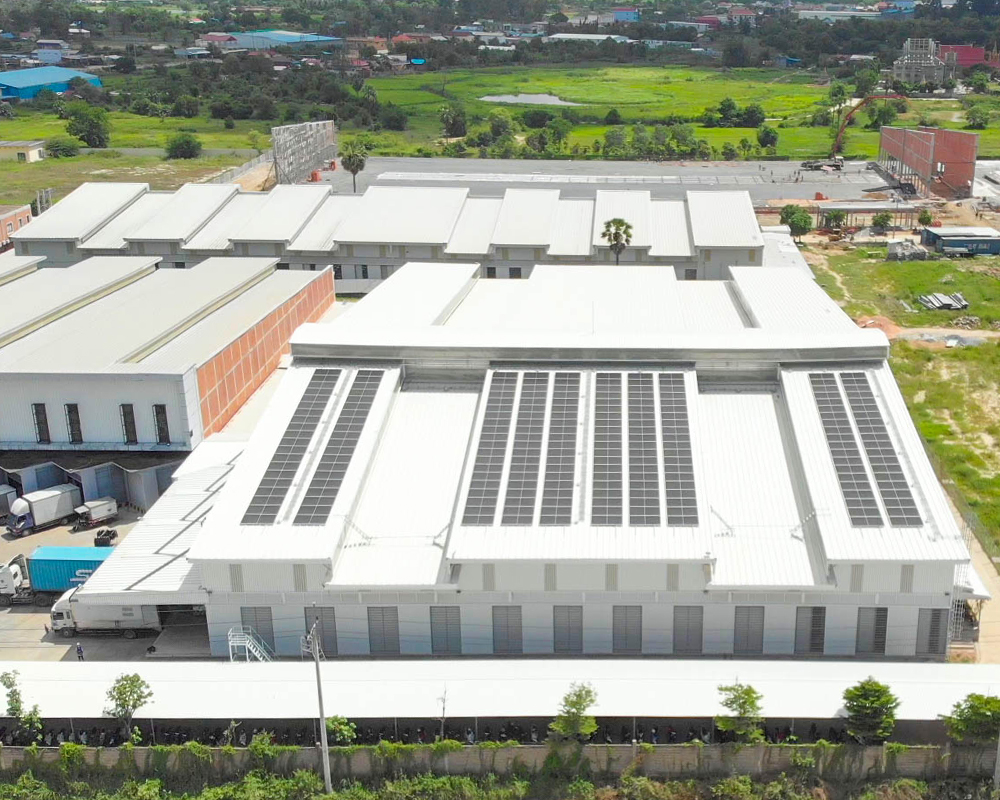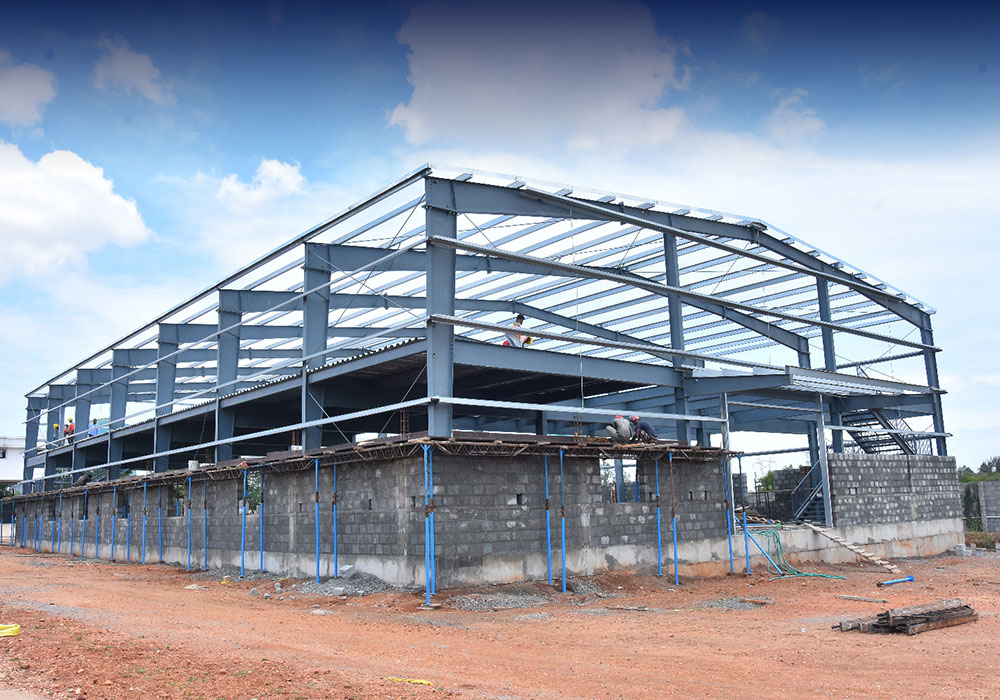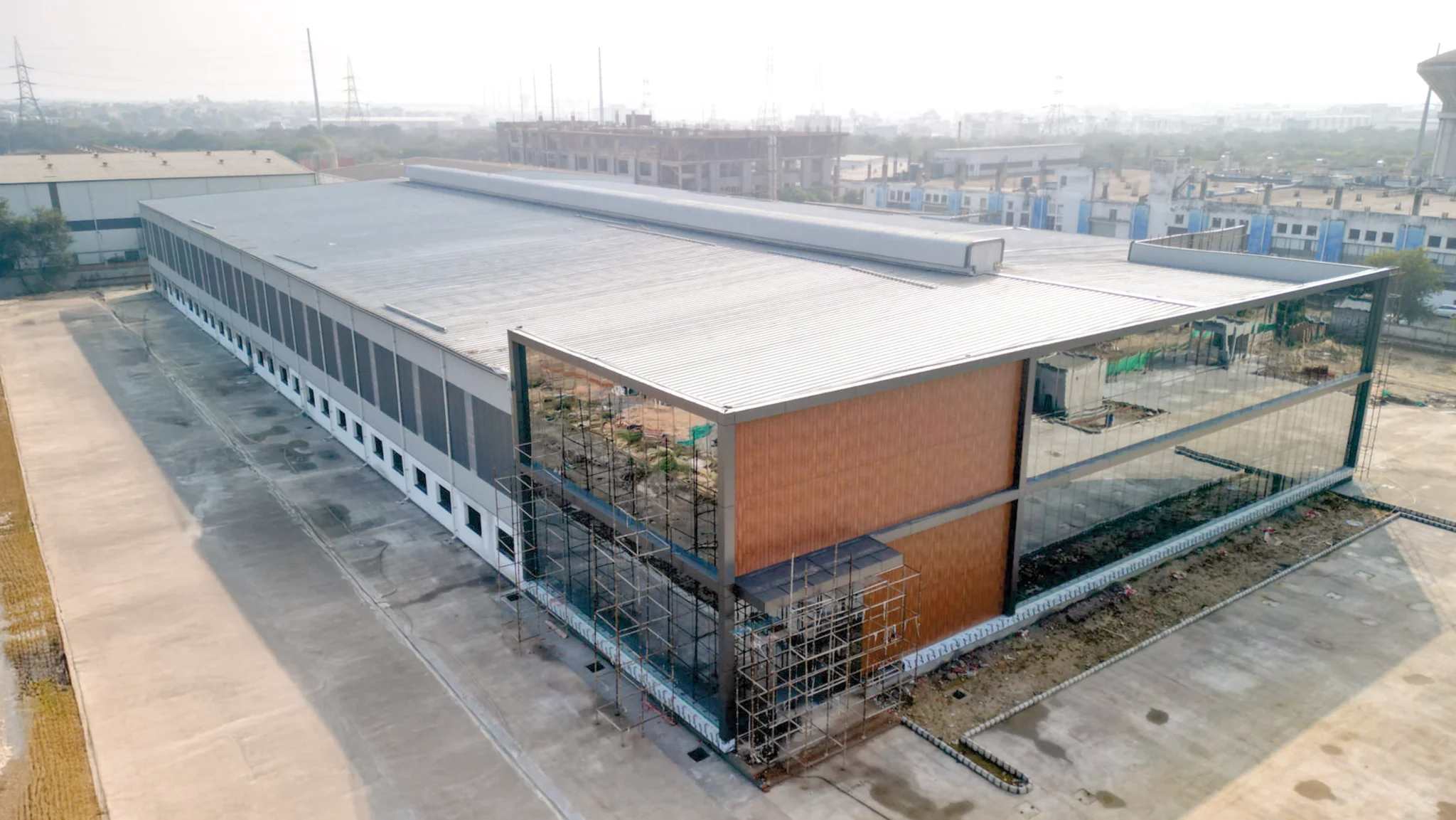
Construction pro flies high in aviation sector
[ad_1]
This article is one in a series of conversations with women leaders in the construction industry. Click here for past discussions.
As a first-generation college student, Patricia Solorzano dreamed of becoming an architect.
After a year studying architecture at Texas A&M University in College Station, Texas, Solorzano was introduced to the school’s construction program, leading her to realize that she wanted a more hands-on role in the creation of buildings.
She decided to make the switch to construction management where she was one of seven women in her 2006 graduating class.
Since then, she has become an expert in the aviation industry and has worked on projects in premier airports across the country as well as mixed-use development and hospitality jobs.
Here, Solorzano talks with Construction Dive about her passion for airport projects as well as the importance of mentors.
This article has been edited for brevity and clarity.
CONSTRUCTION DIVE: What do you do in your current job and where are you located?
PATRICIA SOLORZANO: As a vice president and project executive at Suffolk in Dallas, I lead project teams and oversee our field operations. I also help build our client relationships and stay engaged in our upcoming project pursuits.
Since joining Suffolk in 2023, my focus has been helping grow and manage our aviation portfolio. Most recently, I have overseen our third project at Dallas Fort Worth International Airport, including the construction of the new Electric Central Utility Plant (eCUP), which will transition to zero-emission electricity for heating to become the first carbon-neutral central plant in the Americas.
Next up, I have the opportunity to manage the construction of a large mixed-use project in the heart of Dallas that will include a below-grade garage and three high-rise towers.
Why do you enjoy aviation construction?
Aviation construction offers complexity and scale that continuously challenges me professionally. These projects have a wide impact on millions of travelers and require sophisticated coordination and technical expertise.
Working on premier airports earlier in my career like Los Angeles International, San Diego International, Sacramento International and now Dallas Fort Worth International has allowed me to tackle large-scale infrastructure that transforms how people experience travel.
What are a few projects you’ve most enjoyed working on and why?
Earlier in my career, I had the opportunity to contribute to major aviation projects like the LAX Bradley West International Terminal and the American Airlines Trinity Complex. These experiences helped shape my leadership and communication skills.
Most recently, I’m especially proud to have been working on the DFW eCUP project because it represents a step forward in building sustainable aviation infrastructure. It’s exciting to help deliver a project that not only serves immediate operational needs but also sets a new standard for how airports can meet the challenges of climate variability.
What benefits are there to working in construction?
Construction offers incredible opportunities to create tangible and lasting impact to communities. The industry provides both professional growth and personal satisfaction as you watch projects progress from concept to completion.
Throughout my career, I’ve personally enjoyed the variety of working across different states and sectors, from hospitality to aviation. I’ve also valued fostering relationships with clients, trade partners and colleagues to create a supportive network to help us all succeed.
What advice would you give to young women considering construction as a career?
Don’t be intimidated by being in the minority and instead use it as motivation to excel. Build a strong technical foundation and continually seek opportunities that challenge you, even if it means relocating or stepping outside your comfort zone.
Find mentors who believe in your potential, as I was fortunate to have supportive leaders who encouraged me to take on increasingly complex projects. Finally, as you advance, make time to mentor others, regardless of whether they’re on your team or even at your company.
At Suffolk, we have a saying that we don’t build buildings, we build people. I believe that investing in and mentoring the next generation of women in construction can help shift the mentality of the industry so that women are seen as expert builders, not just successful women in construction.
[ad_2]
Source link
Post a Comment
You must be logged in to post a comment.






